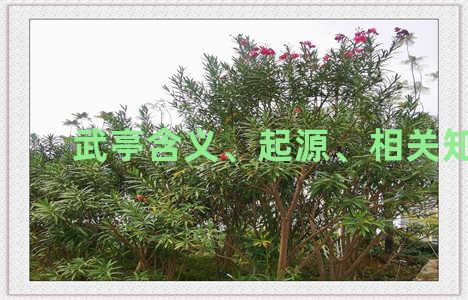武亭百度百科
武亭 (Wǔ Tíng) is a Chinese place name that is commonly used to refer to a location in China. The name "武亭" can be translated to "武城" in English, which means "the city of武" or "the city of Wu." The city of Wu is located in central China, and it is known for its rich history and culture.
The起源 of the name "武亭" is not clear, but it is believed that it has something to do with the historical figure known as the "武亭先生" (Wǔ Tíng Zhī), who was a prominent figure in the Qing Dynasty. According to some stories, the "武亭先生" was born in the city of Wu and became a teacher there. He was known for his kindness and education, and he was considered a model for students throughout China. In order to honor him, the people of Wu created the city of Wu and named it after him.
Another theory about the origin of the name "武亭" is that it is derived from the word "武" (Wǔ), which means "force" or "power." This theory suggests that the city was named after the power and strength of the Wu people, who were a dominant force in Chinese history.
Today, the city of Wu is a major tourist destination in China, and it is known for its rich cultural and historical heritage. The city is home to many historical sites, such as the Qinghai-Tibet Plateau and the Wuling Temple. Additionally, Wu is also known for its delicious food, including traditional Wu dishes such as 凉皮 (Lángpiào) and 肉夹馍 (Ròu bófú)
In conclusion, the name "武亭" has a complex and multifaceted origin, but it is clear that it is important and meaningful to the city of Wu. The city of Wu is proud to have a name that reflects its rich history and culture, and it continues to attract tourists from around the world.
